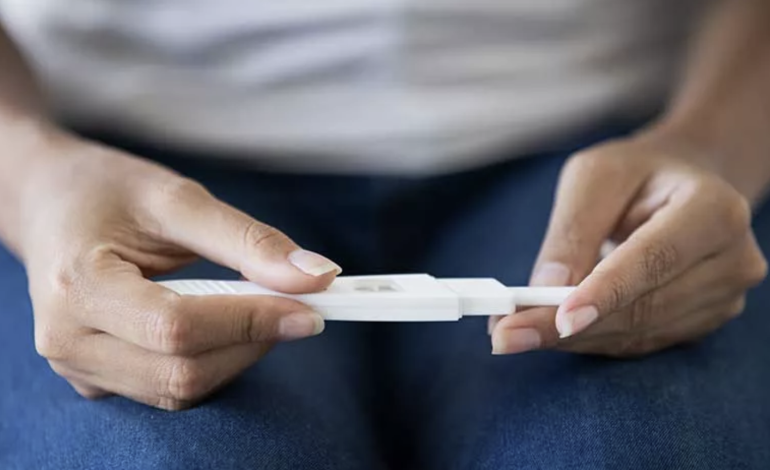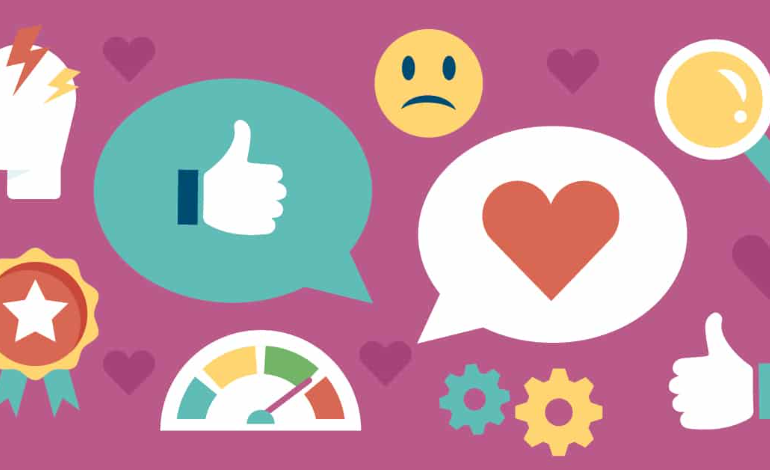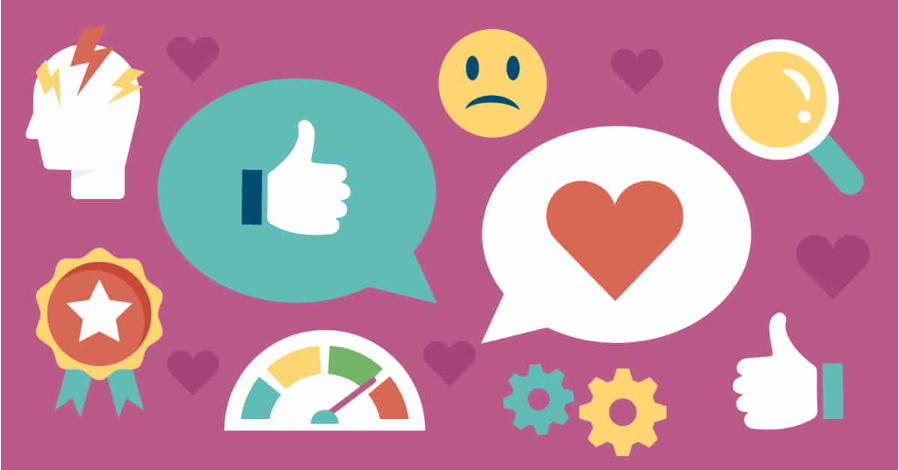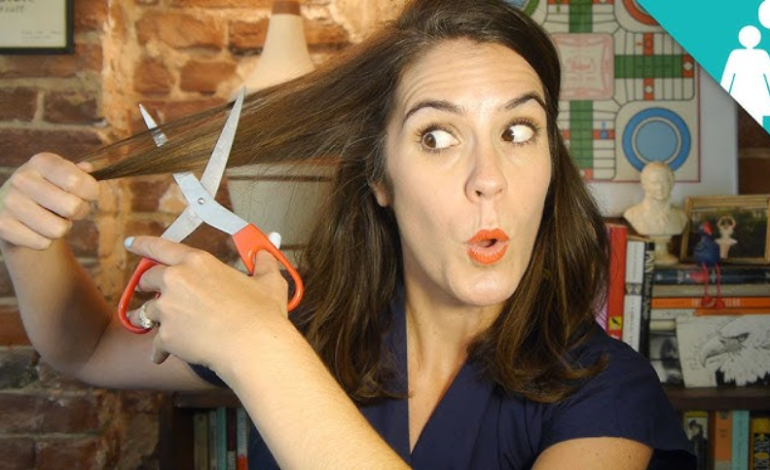
Do Breakup Haircuts Really Offer the Liberation People Claim?
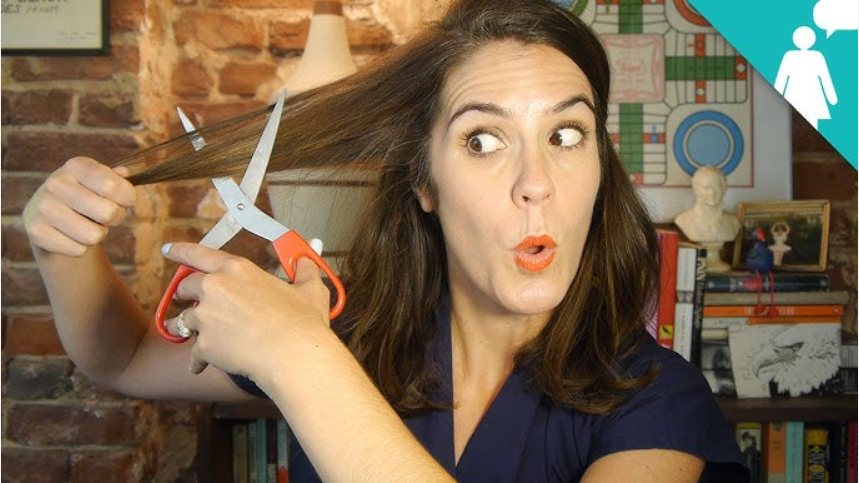
We’ve all seen it: a friend, family member, or even ourselves getting a “breakup haircut” after a dramatic split. Whether you’ve experienced it firsthand or been there to witness the transformation, there’s something about cutting it all off that feels like a fresh start, a signal of freedom.
While it’s clear that a breakup haircut can be empowering and even transformative, is there any psychological benefit behind it? Does changing your hair actually help your mental health? Can hair really hold onto emotional pain, as some people claim? Turns out, there might be some truth to it.
Experts agree that getting a new haircut after a breakup can feel therapeutic for a few reasons. Clinical psychologist Christie Ferrari points out that people often look for something tangible to mark the end of one chapter and the beginning of another, and your hair is an obvious way to do that. “Everyone will notice,” she says, highlighting how hair can be a visual cue that signals change. Plus, who doesn’t want to look their best after a breakup?
Psychotherapist Daryl Appleton adds that changing your appearance can attract attention, whether positive or negative, and that attention can help us feel seen. This change also acts as a way to communicate to others that something in our life has shifted.
Changing our appearance, like getting a new haircut, is a common way people cope with the emotional and physical pain of a breakup. Dr. Appleton explains that when we feel hurt, it’s natural to want to change something tangible. “Emotional pain is harder to change, so we often focus on physical changes,” he says. A haircut can offer an immediate release and sense of relief.
A fresh haircut can give your confidence a quick boost, but it’s important to ensure you’re making the change for the right reasons. It’s essential that the decision to get a new look comes from a desire for self-improvement, not from trying to please someone else. If you’re changing your hair for someone else, you might set yourself up for issues like dependency or imposter syndrome, warns Dr. Ferrari. Dr. Appleton adds that while changing your hair can provide a temporary distraction, it won’t solve deeper emotional issues. “If you don’t do the inner work, it’s just a quick fix.”
Hairstylist Savannah St. Jean, who’s seen plenty of breakup haircuts, likens them to hitting a “reset button.” However, she also advises caution, especially since emotions can influence the desire for a drastic change. She recommends making sure the new style is practical. If you often put your hair in a ponytail, for example, make sure your new cut still allows for that.
That being said, St. Jean believes in the power of a breakup haircut when done thoughtfully. With the right professional guidance, a fresh new look can be uplifting and energizing. “Done correctly, it can be exactly what someone needs to help them move forward,” she says.
So, if you’re considering a breakup haircut, make sure it’s for you, not anyone else, and ensure it aligns with your needs, both practical and emotional.

